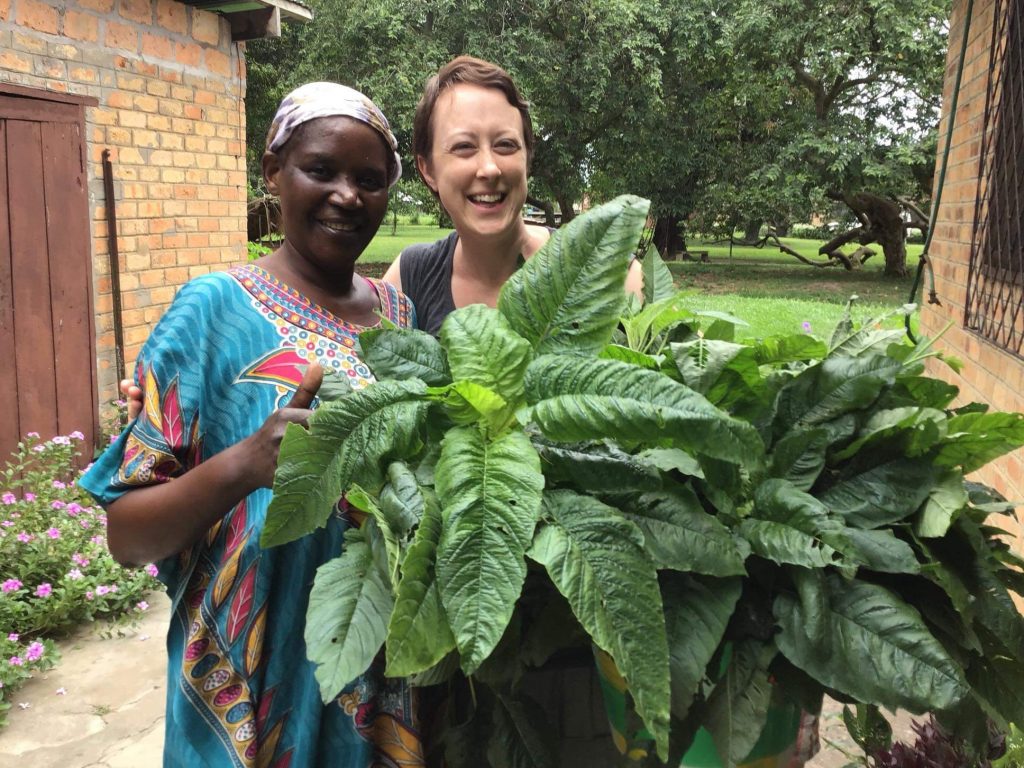If it weren’t bad enough being hospitalized, having to go without food would be detrimental during a patient’s recovery process. Like many hospitals in Africa, Pioneer Christian Hospital in the Republic of Congo had no way to feed its patients. Family members were responsible to make sure their loved one was fed during their hospital stay, but not all patients had someone who could take on this responsibility. In an area with thousands of refugees and people afflicted with leprosy and HIV/AIDS, many patients are on their own.
Candice Scatliff, a nutritionist from SonSet Solutions, and others were burdened by this plight. In 2017, as a temporary solution, Candice worked with donors to provide North-American-derived dehydrated food bags to feed the hospital’s patients. This was monumental, as it was the first time the hospital fed its patients in its ten years of operation.
Candice knew that a long-term, more sustainable feeding program needed to be implemented. A nutritious, sustainable, and culturally acceptable vegetable was needed to replace the dehydrated vegetables. The hospital is situated on acres of land near the equator with ample access to water – growing their own produce was the answer.
Many types of plants were tried without success. Then a local gardener suggested they try Boteco-teco – a vegetable known to locals and easily grown. Boteco-teco, it turns out, is a type of amaranth which is considered a weed to many gardeners in North America. The local variety is often called red-rooted pigweed (scientifically known as Amaranthus retroflexus). This plant is more nutritious than spinach and literally grows like a weed – from seed to harvest in only three weeks. This vegetable is now grown on the hospital grounds and served with purchased rice and beans to provide a nutritionally balanced meal to meet patients’ dietary needs.
Patients receive spiritual nourishment through the Word of God during their hospital stay. Now, they can also receive physical nourishment because of God’s provision of a nutritious weed.
Written by Steve Kuhn

